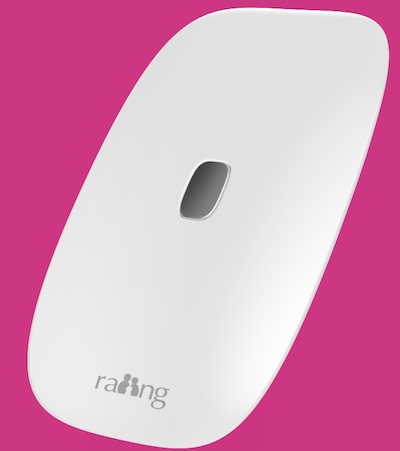 Incubator Harvard Launch Lab, a spinout from Harvard's student accelerator, called iLab, announced 12 inaugural companies, two of which are digital health-focused.
Incubator Harvard Launch Lab, a spinout from Harvard's student accelerator, called iLab, announced 12 inaugural companies, two of which are digital health-focused.
While Harvard iLab offers space and resources to Harvard students who are building companies, the university's new venture, Launch Lab, aims to incubate companies led by Harvard alumni. To join Launch Lab, at least one founding team member must be a recent Harvard graduate. The company should also have institutional funding or show that they are generating revenue. If they are a non-profit, the startup has to demonstrate growth. After being accepted, startups will pay a month-to-month lease and will be expected to leave after six to 12 months.
Here are the two digital health-focused companies that have been accepted into Harvard's Launch Lab:
Beijing-based Raiing Medical offers an FDA-cleared a peel-and-stick contact thermometer sensor that continuously transmits body temperature readings to a companion iPhone app, which is already available in the iOS AppStore. The device, which is worn under the armpit, uses Bluetooth to transmit data. The thermometer can also store up to 72 hours worth of readings and can be used for regular temperature readings or fertility tracking. In August, Raiing announced a pilot with Boston’s Partners HealthCare to test its thermometer at Massachusetts General Hospital. Partners researchers said they would test the temperature monitoring device on 25 children and adolescents with leukemia.
Philadelphia-based Seratis has developed a secure messaging application for healthcare providers. Through the startup's app, doctors, nurses, and other healthcare providers can send each other text messages, videos, and photos. Providers can also share lab reports and imaging results. From the app, caregivers can store patient data and stay up to date with what stage of care each patient is in.
Boston, Massachusetts-based Parsagen Diagnostics is developing medical devices focused on women's health, but the company has not yet released specifics about what kinds of devices it is developing, so it's unclear if they'll be connected. At the end of September, Parsagen raised an undisclosed round of funding from Long River Ventures, Mass Medical Angels, Launch Capital, and KAHM Capital. UPDATE: The company has emailed MobiHealthNews to confirm that they are not pursuing a connected health strategy, or "mobile health platform" strategy, as they called it. Also, the Launch Lab's site indicates the company is working on in-vitro diagnostic devices.











